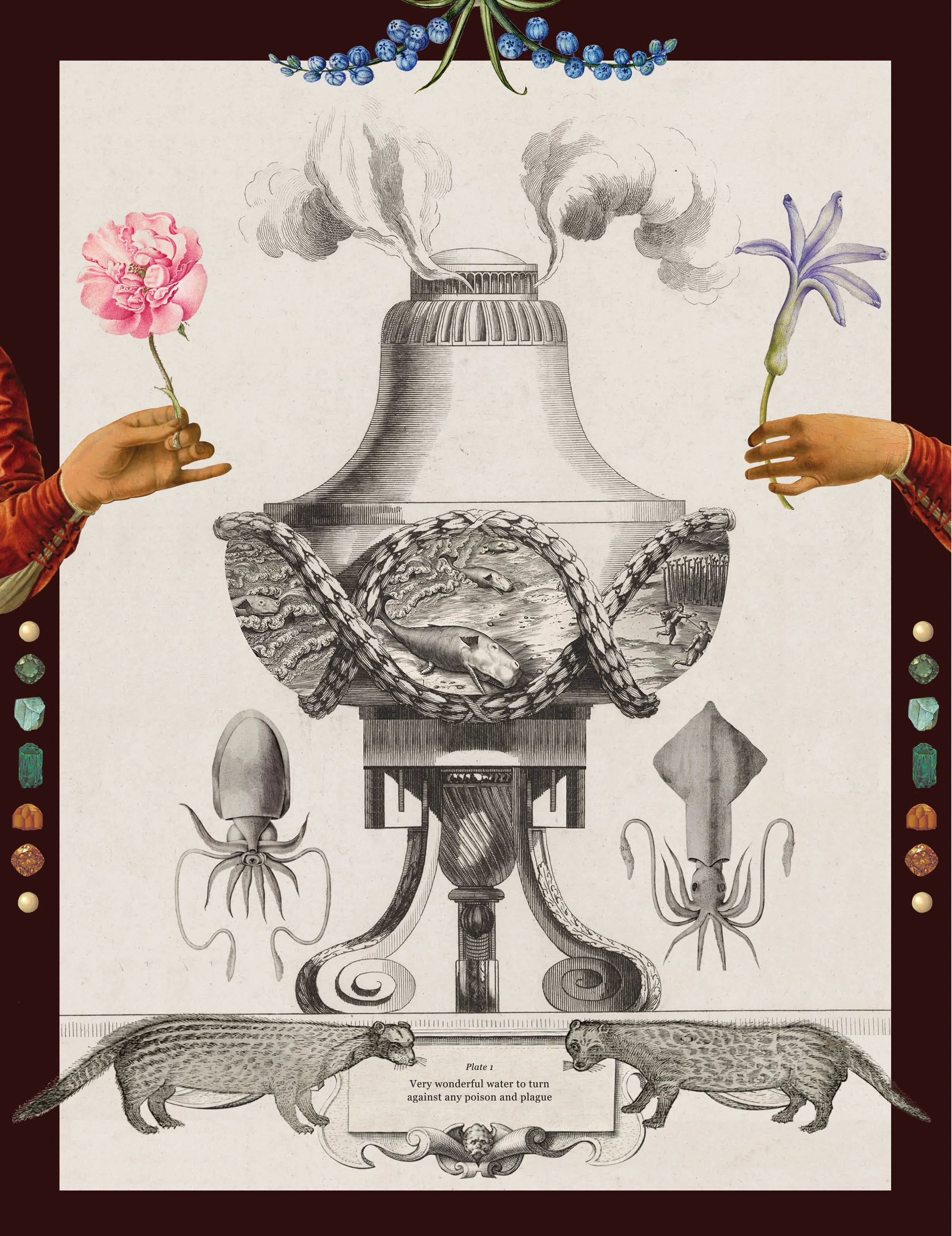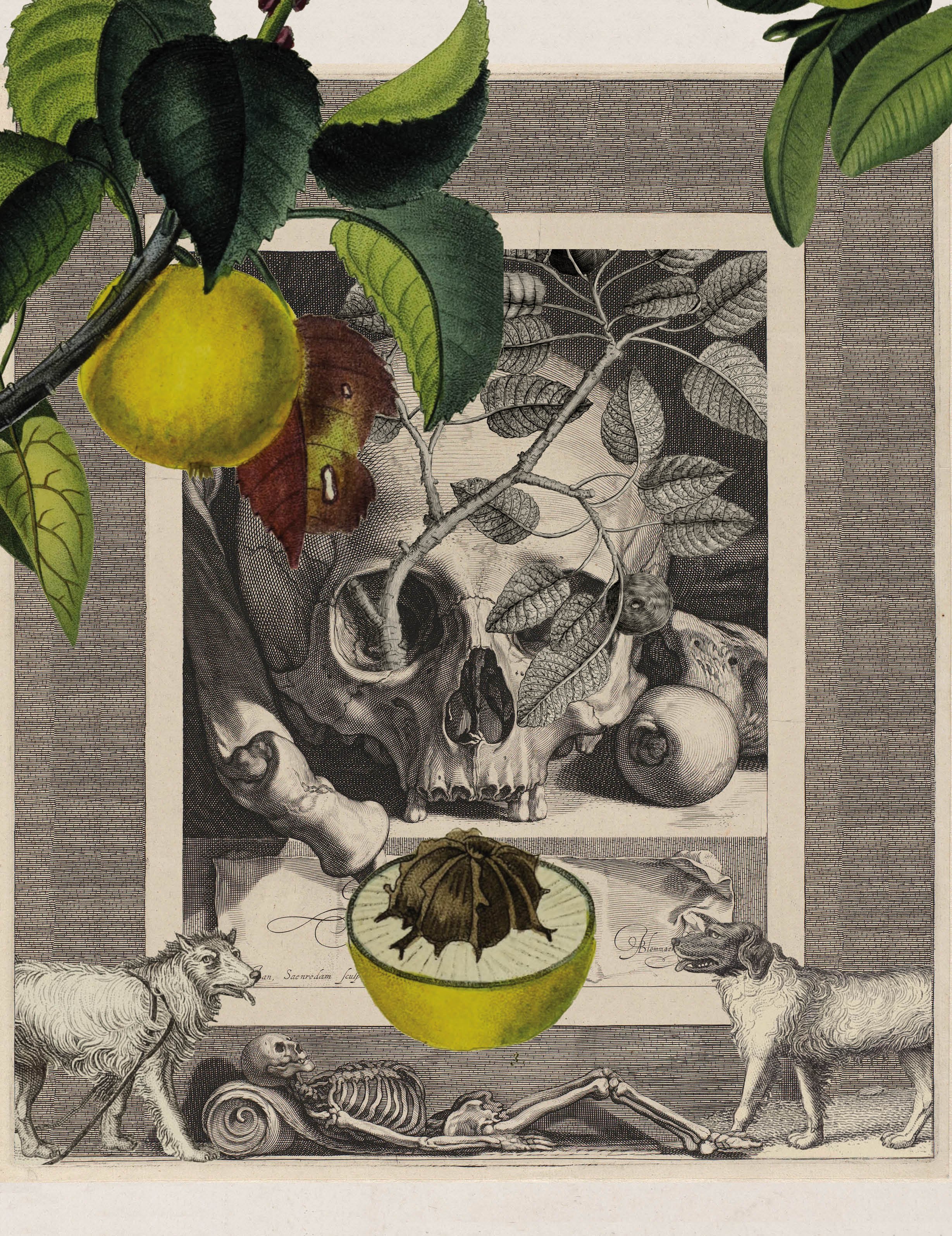
New World Nature
History Laboratory @ Hamilton College
Collaborations with my students infuse my teaching and research. When I arrived at Hamilton College in 2018, I launched the New World Nature Project to foster undergraduate scholarship at the intersection of the biological sciences and history. New World Nature takes the scientific model of a laboratory and applies it to the history of science, medicine, and the environment. New World Nature has funded nearly twenty student researchers with support from The Arthur Levitt Public Affairs Center at Hamilton College. Our research has been featured in Hamilton Magazine.
Several of these student researchers have joined me in the field to conduct archival research in Spanish, French, Italian, Latin, Dutch, German, Nahuatl, and Portuguese. I have hosted students in archives of the Canary Islands, the Villa I Tatti in Florence, medical libraries at the University of Padua and Venice, the Smithsonian’s National Museum of the American Indian, Cornell University’s Special Collections, the John Carter Brown Library, and facilitated their research in the Dominican Republic, Puerto Rico, Spain, and France. This research has resulted in co-authored publications and honors theses.
Additionally, New World Nature researchers have presented alongside me the Hamilton College Book Conference “Natural Things: Ecologies of Nature in the Early Modern World” (April 2019) and Max Planck Institute for the History of Science Book Conference “Knowing an Empire: Imperial Science in the Chinese and Spanish Empires” (November 2019).
Through their wide-ranging projects, I love helping students cultivate a variety of skills integral to research, from the logistics of travel, to digital humanities visualizations, to how to record information about a site, archive, or document.
Are you a Hamilton student interested in taking part in this research? Shoot me an email.
Student Research
Ambergris
From Sea to Scent in Renaisssance Italy
With Kate Biedermann (‘21)
Student Research
Manchineel
Power, Pain, and Knowledge in the Lesser Antilles
By Thomas Anderson (‘20)

